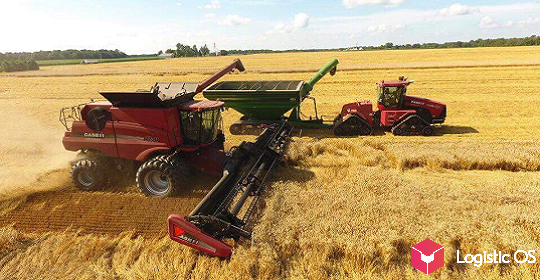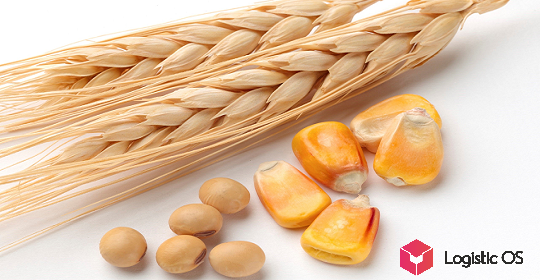As a result, this situation threatens to reduce production volumes.
As Deputy Minister of Agriculture Oksana Lut stated at a meeting of the RF State Duma Committee on Agrarian Issues, world wheat prices are likely to grow, and domestic prices will follow them.
So far, however, no such trends have been observed.
Against:
wheat of the 3rd class over the past year has fallen in price by 17.1%; now it is traded at about 12 thousand rubles per ton;
grade 4 wheat over the same period fell in price by 17.5%, the current price is about 11.8 thousand rubles per ton;
feed wheat fell in price by as much as 23.6%, it can be bought on the domestic Russian market for 10 thousand rubles per ton.
Why are prices falling?
Record harvest in Russia — it is expected that this year it can reach up to 150 million tons, of which 100 million tons of wheat.
Problems with exports to many countries of the world that have arisen in connection with anti-Russian sanctions.
Drawdown in grain exports due to Ukraine: Russia expected that it would put large volumes of its products on the world market as part of a grain deal.
Strong ruble — it reduces the number of rubles that a manufacturer can receive by selling a batch of his goods for currency.
Agrarians lose interest in their business
As Andrey Gladkovsky, the manager of the Grainrus Agro company, noted, now it is possible to sell the grain produced by farmers at prices that are ultimately close to the cost price.
And this is not very interesting for entrepreneurs, since the margin is almost zero.
In addition, there are more and more risks in the industry — in addition to traditional ones, such as drought, exchange rate fluctuations and unpredictable regulation through the introduction of quotas and duties are added.
As a result, this situation threatens to reduce production volumes.
True, for those farmers who have somewhere to store their products, it is easier, experts say. They have every chance to wait for the moment when prices start to rise.
However, if we talk, for example, about fodder wheat, then its rise in price is unlikely: it is practically not exported, and large stocks in producers’ warehouses will increase supply and put pressure on the price.
The Ministry of Agriculture is preparing for interventions
In order to regulate the price on the market, the Ministry of Agriculture plans to purchase up to 3 million tons of grain, work is already underway: the fund is replenished by about 30 thousand tons per day.
True, the notorious 3 million tons is only 3% of the wheat harvest in Russia, so the effectiveness of interventions may be in question, experts say.

